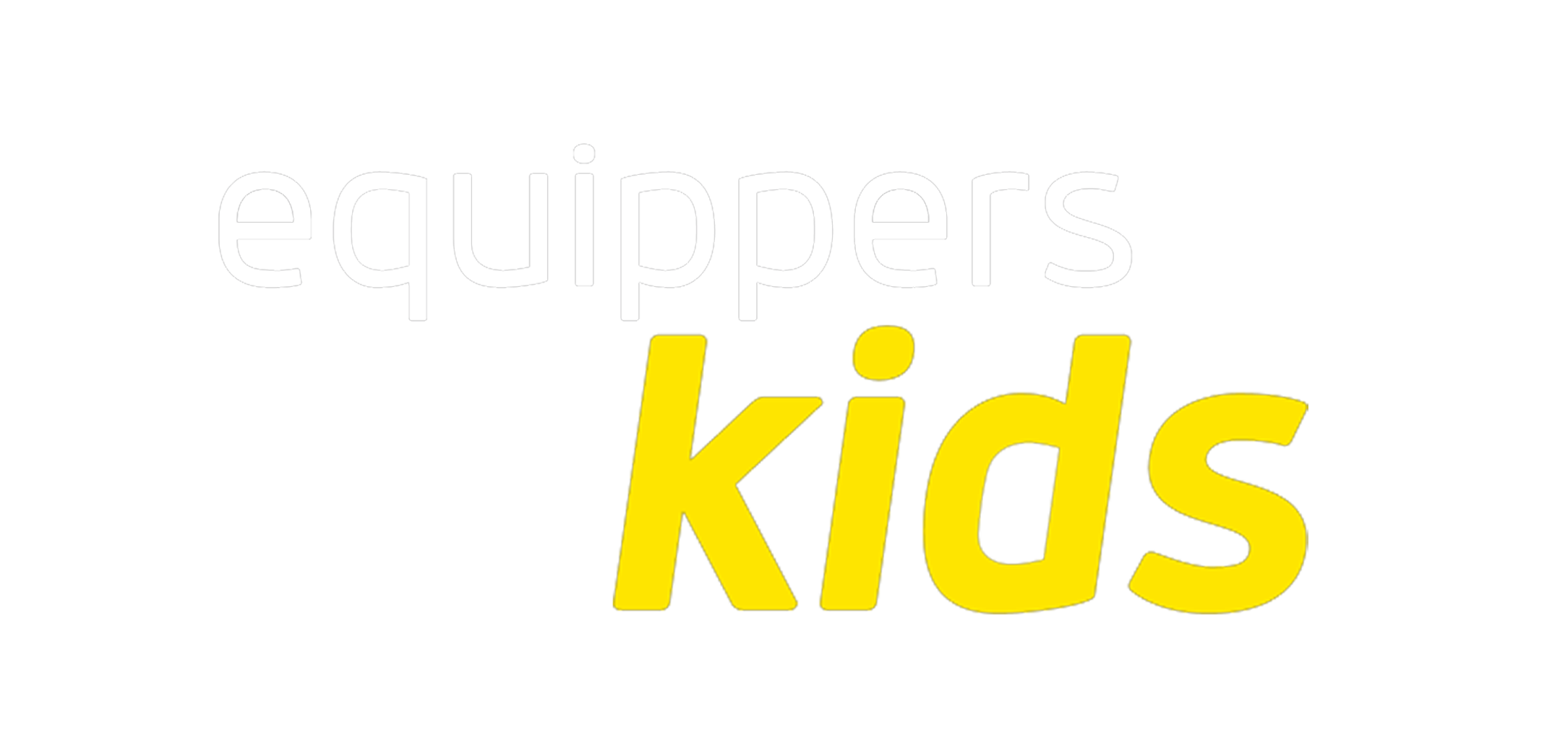Turning 5 and Starting School
Turning five is a big deal. Starting school is a special milestone for tamariki in New Zealand. It can be positive or scary or every emotion in between - for both child and whanau.
How can we prepare our children so that school is a positive experience and becomes a place they look forward to going to each day?
Being ready to start school varies from child to child. In NZ we can choose to send our child off to school the day they turn five, or wait until they are six, or choose any time in between. It is up to you as a parent to decide when your child is ready.
So, how can you tell?
For some whanau it’s easy, maybe their child has older siblings or cousins and they’ve already had experience visiting a primary school. This often promotes a feeling of familiarity and excitement about starting school. The prospect of joining brothers and sisters at school is something they are already talking about and looking forward to.
But maybe your child has never visited a primary school. Maybe they don’t have older siblings. Being ready for school is not so much about being able to write their name or know all their numbers. Being ready for school is about feeling secure and confident with new spaces and faces.
Pre-school education is key to ensuring your child is ready. Their pre-school teacher will be able to discuss this with you and together you can make a decision on whether your child is ready to start school when they turn 5. Emotional and social maturity are the two areas to consider. The following questions can be considered.
· Does your child show an interest in meeting new children?
· Does your child play and talk to new children?
· Does your child say goodbye to you or their carer easily?
· Does your child participate in mat time and remain focused for the duration?
· Does your child have their own ideas about the world around them?
· Does your child cope well in new environments?
· Can your child tell you how they feel?
· Can your child tell you what they need?
Preschool education should have a focus on preparing children for school. How do we do this?
· Mat times are provided so tamariki have the opportunity to sit and listen. The timeframe extends as children get older
· Children are given the opportunity to express themselves in a supported group environment
· Lunchbox days give children the chance to operate a lunch box and packed lunch. You would be surprised how hard it can be to open containers for little hands that haven’t had practice
· Sharing and caring is encouraged between children. This is especially important as children are given tools to express themselves and communicate how they feel
· Ways to resolve conflict are modelled by teachers and older children
· Children are made responsible for their own belongings – shoes and hats etc
· Children go on excursions to new and unfamiliar places
· Moving rooms and teachers as they grow builds resilience and familiarity with change
What can we as parents do to help prepare our tamariki for school?
· Read as often as possible to your child
· Teach your child songs and kiwaha
· Provide paper and pens as an at-home activity
· Play eye spy in the car – look for letters and numbers. It’s fun to start with their own name or age
· Look at letterboxes, at home and when you visit whanau – talk about those numbers
· Encourage play dates with other children
· Introduce your child to new faces and places whenever possible
· Point out your child’s future school as you drive past
· Talk about school in a positive and fun way at home
Starting school should be promoted as a wonderful and exciting new adventure. We want our tamariki to thrive and enjoy the school experience as much as possible, especially in the early years.
Attending a childcare centre that promotes school readiness is proven to equip your child for a positive school experience.

